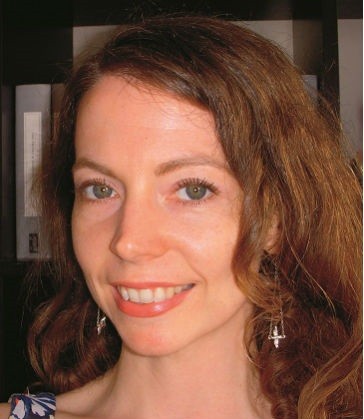Putting recycling in its rightful place
Circular economy strategy should reinforce the importance of the recycling industry’s role, not attempt to replace it

Recent market volatility, steep global competition and green initiatives have set business and the environment at a convergence. Currently, the financial case for full product stewardship is being made worldwide. Policymakers, governments, and corporate social responsibility departments alike are encouraging the shift towards the circular economy: an economic model that encourages maximum use of materials and minimal disposal.
From a financial perspective, the circular economy “decouples” economic growth from resources by continuously cycling materials back into the production stream. For environmentalists, total product stewardship could help hit zero-waste targets, lower emissions, and preserve finite virgin materials. For recyclers, the system presents a potential market boon if implemented in a way that respects existing markets, increases demand for recycled materials and reduces barriers to trade.
Europe is leading the charge to put the new system into place. In 2015, European recyclers, represented by the European Recycling Industries Confederation (EuRIC), participated in consultations on the Circular Economy Package, a proposal set forth to revamp stewardship standards across the EU.
This latest stewardship trend has swept westward as well. In Canada, full product stewardship currently exists in one province, British Columbia, with other provinces likely to follow suit. This year, Ontario’s Ministry of Environment and Climate Change proposed legislation entitled the Waste-Free Ontario Act, which aims to enable the shift to a circular economy. With such a significant piece of legislation being tabled, CARI believes it is essential for our industry to monitor how circular economy policy takes shape globally and to advocate for legislation that protects our industry.
Common issues are already beginning to emerge from recyclers across the globe. Many of EuRIC’s preliminary comments on the EU’s proposed stewardship package highlight issues that seem all too familiar. Concerns arise over how individual countries’ diversion standards would be compared, how consistent definitions of waste and secondary materials would be established, and the potential for even greater administrative burdens for recyclers. The proposed legislation also lacks the green procurement policy necessary to encourage design for recycling.
Many of these themes could be transposed directly onto comments presented by CARI during consultations on the Waste-free Ontario Act. Proposed stewardship legislation at home and abroad does not seem to account for materials and products that are already highly recycled and do not need stewardship. It is unclear how new stewardship policy would boost the market for secondary resources unless new taxation structures are put into place to create an equal or advantageous cost difference between secondary and virgin materials. Simply put, there is a global lack of understanding of how our industry fits into the materials supplies stream.
Recyclers have intimate knowledge of the global market for secondary resources, and they can provide valuable insight into how to design products for recycling. Well managed materials should provide a case study for how to process material, rather than be made subject to unnecessary stewardship. To be effective, circular economy strategy must reinforce our industry’s place in the circular economy, not attempt to replace it.
If the circular economy is built upon a premise that makes environmentally sound practices financially advantageous, then policymakers must acknowledge the important financial role processors play in material supply chains. Recyclers are the connection between supply and demand for secondary materials and are integral to making the system truly circular.
Visit www.cari-acir.org.

